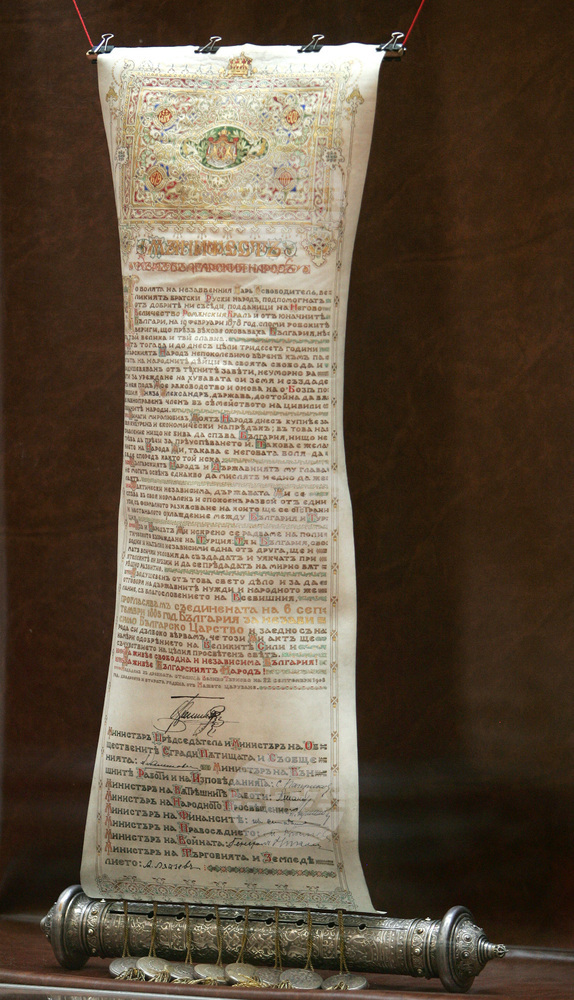site.btaBulgaria Celebrates Its Independence Day


On Friday, Bulgaria celebrates the 115th anniversary of the declaration of its independence. On September 22, 1908, Bulgaria joined the family of independent states.
/LG/
news.modal.header
news.modal.text